Coronavirus and Density
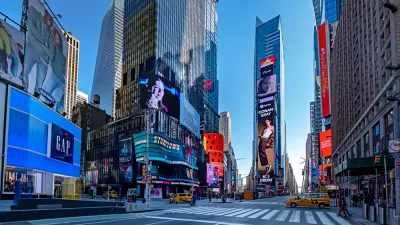
Poll: One-Third of Americans Thinking of Moving to Less Densely Populated Areas
In the midst of the pandemic, Americans are expressing a new preference for less crowded spaces, according to the results of a Harris Poll conducted last week.
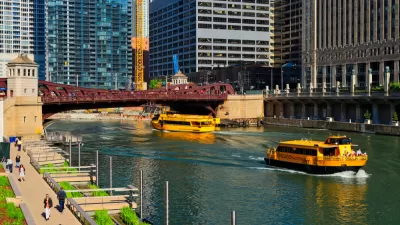
COVID-19 and Big, Dense Cities That Aren't New York
As in metropolitan New York, big, dense cities don't always suffer from coronavirus to a greater extent than their car-oriented suburbs.
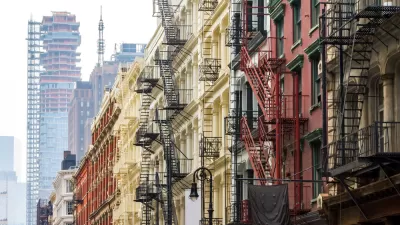
Density Debate Rages Alongside the Pandemic
Questions about how highly contested questions about the future of the built environment will reference COVID-19 for years to come. The question about whether that debate will achieve any actual change is still very much up for debate.
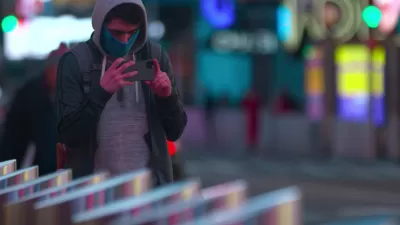
Large Cities Were Already Losing Population. Then Came the Coronavirus.
"Cities of all sizes may soon look less alluring, if drastic drops in income, sales and tourism tax revenue leave gaping holes in budgets," according to this article, which encapsulates a popular school of thought as the pandemic rages.
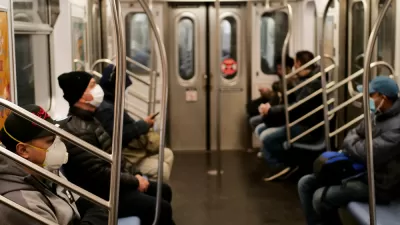
Subway-Coronavirus Connection Suffers From Lack of Evidence
There is little evidence that the New York Subway is spreading the coronavirus, according to analysis by Alon Levy.
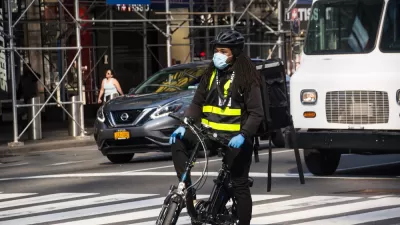
Watch: The Future of Cities After COVID-19
An expert panel convened to discuss the effect of the coronavirus on the foundations of society and contemporary life. The future, both the remaining time dealing with the pandemic and after, is becoming more clear with every passing day and week.
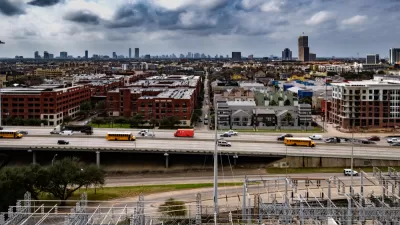
Texas Losing its Housing Affordability Advantage
Trends pre-dating Covid-19 showed housing affordability slipping away from many residents in Texas. The pandemic will likely only exacerbate the trend, according to this analysis.
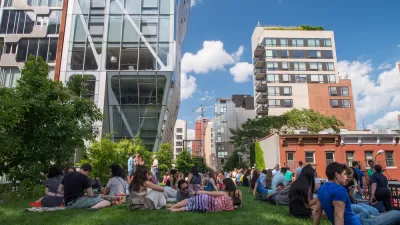
Superstar Cities Are Struggling Now, But Could Recover to Gain Even More Economic Power
The public health and economic crises caused by the coronavirus are threatening to further entrench inequality in America—between regions and within cities.

Does Dispersion Help?
Only 7 percent of U.S. residents live in the nation's largest metropolitan area (New York). Has that made coronavirus less deadly?
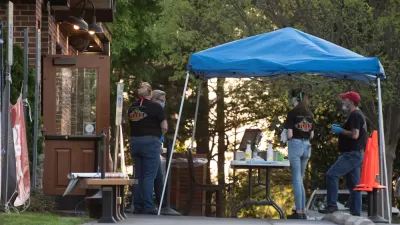
A Rare Chance for Urban Innovation
The realities of social distancing are allowing for innovations and experimentations with real opportunities for long-term benefit in cities, according to an article by Allison Arieff.
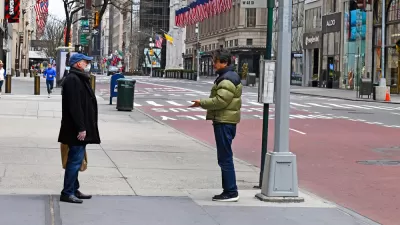
Lessons from Pandemics: Comparing Urban and Rural Risks
Many people assume that infectious disease risks make cities dangerous, but this is generally untrue. Other factors have more effect on pandemic risk and mortality rates, making cities safer and healthier than rural areas overall.
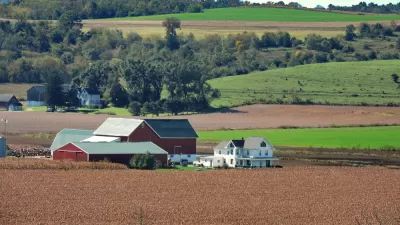
Will the Coronavirus Spare Rural America?
Many counties throughout the nation have recorded no deaths from COVID-19. A perception exists that population density is responsible for the massive death toll in New York and New Jersey and that exurban and rural counties may be spared.
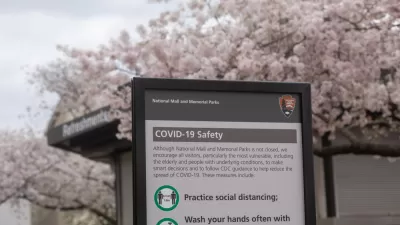
The Geography of Occupations: Some Neighborhoods Will Suffer More Than Others Under COVID-19
Census Bureau data shows we live near people with similar occupations, and right now frontline jobs are riskier for both health and economic well-being than working from home.
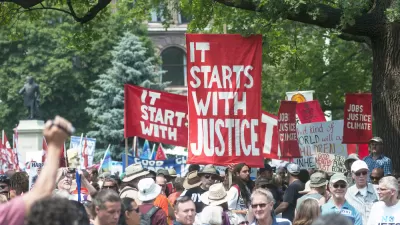
The Coronavirus Pandemic Rejuvenates the Ecofascism Movement
Ecofascism, or the "promotion of authoritarian, facist [sic] ideologies for environmental good," is mistaken for virtue signaling as the coronavirus sweeps the globe.
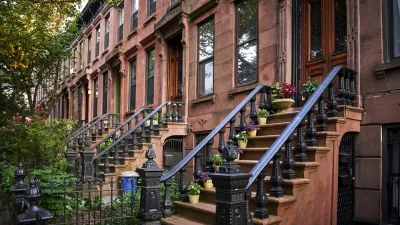
Stoops as a Respite in These Challenging Times
As New York City has shut down and people remain physically isolated, stoops provide spaces where residents can safely connect with others and the city itself.

How Coronavirus Will Change Cities, From Public to Private Lives
Changes are coming, but they don't have to be anti-urban, and they could mean a more resilient world for cities and communities of all shapes and sizes.
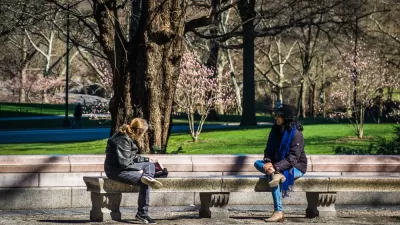
How Cities and Communities Can Rebound From the Pandemic
An interview with Michael Berkowitz, former executive director of 100 Resilient Cities, finds a path to the light at the end of the tunnel.

N.Y.C. Density and Spread of Coronavirus
The densest city in the country is struggling with the rapid spread of the virus, and close proximity is likely a primary factor.

Keys to Safely Reopening Cities After the Pandemic
Cities have survived terrible infectious diseases before, because the power of concentrated human and economic activity is just so strong. When it’s time to reopen U.S. cities, a few key actions will ensure the future safety and health of all.
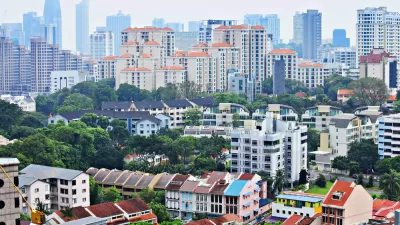
Remembering the Health Benefits of Urban Density
According to this article, it would be a shame if the coronavirus inspires new levels of skepticism about density and city living.
Pagination
Urban Design for Planners 1: Software Tools
This six-course series explores essential urban design concepts using open source software and equips planners with the tools they need to participate fully in the urban design process.
Planning for Universal Design
Learn the tools for implementing Universal Design in planning regulations.
Caltrans
Smith Gee Studio
Institute for Housing and Urban Development Studies (IHS)
City of Grandview
Harvard GSD Executive Education
Toledo-Lucas County Plan Commissions
Salt Lake City
NYU Wagner Graduate School of Public Service


































